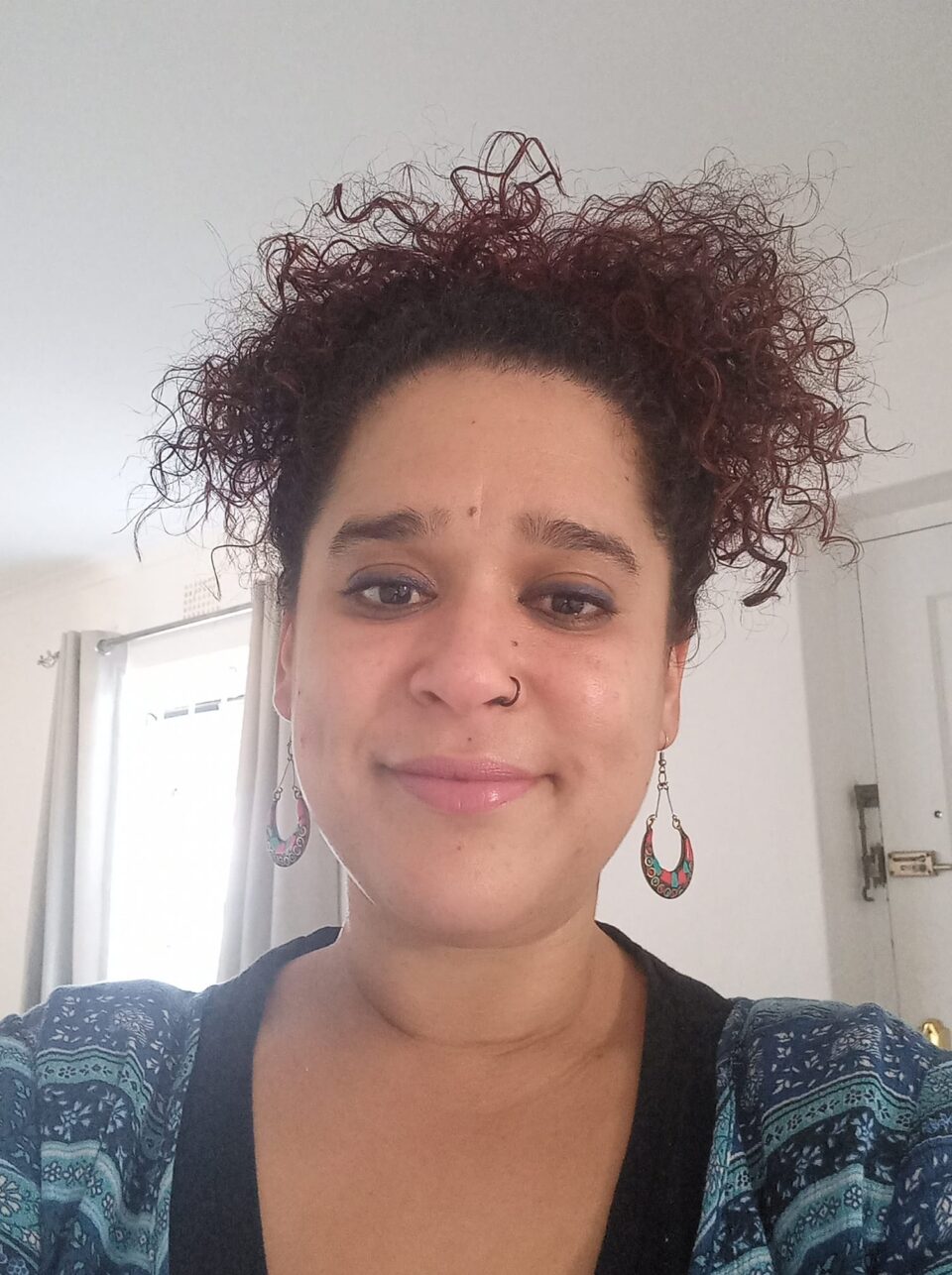When higher education institutions fail to identify and address gender inequality and the direct and indirect promotion of patriarchy and toxic masculinities in their teaching, messaging and responses to gender based violence, these institutions contribute to normalising and reproducing gender inequality and all its manifestations including gender based violence (GBV).
The United Nations Entity for Gender Equality and the Empowerment of Women, known as UN Women, defines violence against women as ‘any act of gender-based violence that results in, or is likely to result in, physical, sexual, or mental harm or suffering to women, including threats of such acts, coercion or arbitrary deprivation of liberty, whether occurring in public or in private life.’
GBV is an expression of unfair discrimination against women flowing from patriarchy and gender inequitable attitudes. Men’s use of violence against women (and men) is linked to learnt toxic masculinity flowing from harmful gender norms taught and promoted through society, culture and religion.
Addressing GBV is an important issue in higher education as students have the ability to change approaches and attitudes towards gender inequality in their intimate relationships, families, communities, universities and eventually their workplaces.
Higher education institutions can approach gender inequality in the same way they approach the Africanisation and decolonisation of the curriculum. They can unteach and correct the harmful construction and perpetuation of toxic masculinities and patriarchy to contribute to reducing GBV in South Africa. The historical and traditional basis of the curriculum often originates from patriarchal ideas and practices, so students and lecturers should be critical of what is taught.
Students should also be taught about different forms of GBV, their causes as well as their impact on survivors. This understanding should include the non-physical forms of GBV which is often not acknowledged as violence. GBV manifests in various forms which all adversely affect survivors psychologically, mentally, emotionally, and in other ways. Often, physical and sexual forms of GBV are assumed by society to be its most serious forms, as well as by the various state-actors in the criminal justice system and other legal processes .
Higher education institutions need to equip students with knowledge on how to respond to survivors of GBV, and where these survivors can seek support and redress. University resources must be designated for GBV services and support programmes for survivors. Students and staff should have easy access to information about campus-based and external services and support for GBV survivors.
Higher education institutions must be mindful of the messages communicated to students through teaching and university media. All communication must consistently respond to and seek to address GBV in all its forms. Importantly, lecturers should also be open to questioning their own gender bias based on their personal experiences and histories of gender privilege or normalised gender disadvantage. This will ensure that the curriculum that they teach is critical of indirect and direct forms of gender inequality. By using gender equitable language and scenarios in teaching, it will contribute to promoting and normalising gender equality.
One of the greatest concerns of GBV, particularly non-physical forms of violence, is that it is normalised in families, societies and the workplace. Structural and systemic GBV is often not identified as forms of violence because it is so deeply entrenched and normalised in social, economic and legal systems and institutions.
Higher education institutions therefore have a crucial role to play in combatting all forms of violence against women. Failure to do so would be tantamount to perpetuating the normalisation of the scourge of GBV.

